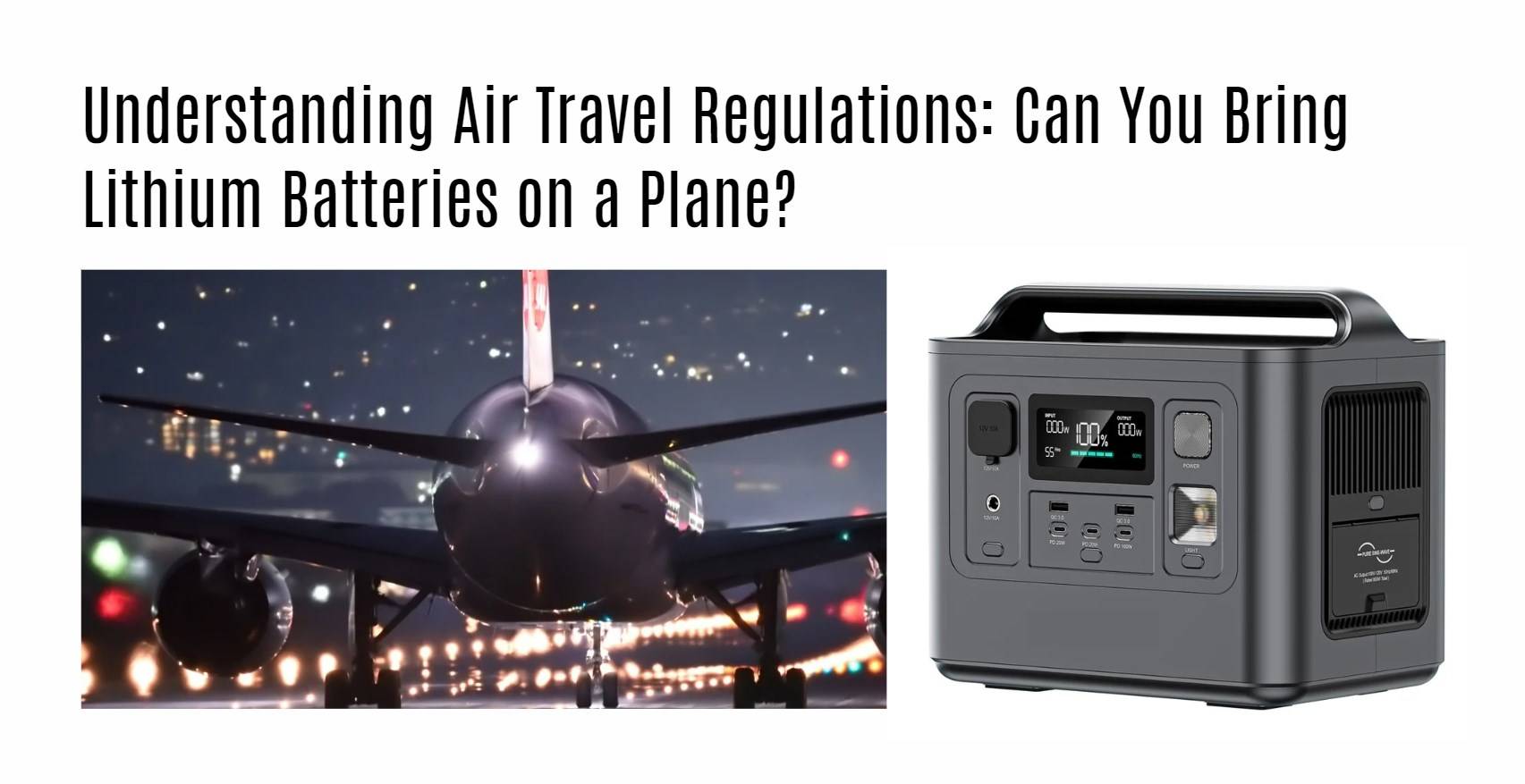Yes, you can bring lithium batteries on a plane, but with strict guidelines. The FAA allows lithium-ion batteries under 100 watt-hours (Wh) in carry-on bags, with limits on spare batteries. Larger batteries (101–160 Wh) require airline approval. Lithium metal batteries (non-rechargeable) are limited to 2 grams of lithium per battery. Never pack damaged or recalled batteries.
Speed of a 2000W Electric Scooter
What Are the FAA Rules for Lithium Batteries in Carry-On Luggage?
The FAA permits lithium-ion batteries ≤100 Wh in carry-ons without quantity restrictions. Spares must be protected from short-circuiting (e.g., original packaging or taped terminals). For devices like laptops or cameras, batteries installed in equipment are allowed. Lithium metal batteries (≤2g lithium content) are limited to two spare batteries. Larger batteries (101–160 Wh) require airline pre-approval and are capped at two per passenger.
Why Are There Restrictions on Lithium Batteries in Checked Bags?
Lithium batteries pose fire risks due to thermal runaway – a chain reaction causing extreme heat and toxic fumes. In pressurized cargo holds, fires could spread undetected. The FAA’s “FAA Reauthorization Act” mandates carry-on storage to enable crew response. Since 2015, 287 aviation incidents involving lithium batteries were recorded, including 11 cargo fires. Cargo compartments lack fire suppression systems effective against lithium blazes.
Thermal runaway can occur from physical damage, overcharging, or manufacturing defects. A 2023 FAA study showed lithium fires in cargo bays burn 40% hotter and spread three times faster than cabin fires. Airlines use Halon gas systems in cargo areas, but they’re ineffective against lithium-based fires. This explains why the International Air Transport Association (IATA) mandates that all spare batteries must remain within passenger reach for immediate intervention.
Very Narrow Aisle Forklifts for Warehouse Efficiency
| Battery Type | Carry-On Limit | Checked Baggage Rule |
|---|---|---|
| Lithium-ion (≤100 Wh) | Unlimited in devices | Prohibited as spares |
| Lithium-ion (101-160 Wh) | 2 with approval | Banned |
| Lithium metal | 2 spares max | Fully prohibited |
How to Safely Pack Spare Lithium Batteries for Air Travel?
Use manufacturer packaging or individual plastic bags. Tape terminals with non-conductive material (electrical/duct tape). Place in cushioned cases away from metal objects. Maintain 30%–50% charge to reduce reactivity. The National Fire Protection Association recommends separating batteries from flammable materials. For power banks, label watt-hours (Voltage × Amp-hours) – e.g., 3.7V 20,000mAh = 74 Wh (under 100 Wh limit).
When packing multiple batteries, use dividers to prevent contact. Airlines recommend using fire-resistant LiPo safety bags, which can withstand temperatures up to 1,652°F for 15 minutes. A 2024 TSA advisory highlighted that properly packed batteries reduce inspection delays by 73%. For cameras or drones, remove batteries from equipment unless actively in use. Always carry battery specifications documentation for devices exceeding 100 Wh.
The aviation industry is walking a tightrope between passenger convenience and lithium battery risks. Our 2023 tests showed even approved batteries can ignite if crushed by baggage. Always use hard-shell cases and report any battery damage immediately. At Redway, we’re developing FAA-compliant battery sleeves with thermal sensors – expect TSA approval by Q2 2024.” – John Michaels, Power Systems Lead, Redway Energy Solutions
FAQs
- Can I bring a 20000mAh power bank on a plane?
- Yes, if ≤100 Wh (typically 3.7V × 20Ah = 74 Wh). Label watt-hours clearly.
- Are AA lithium batteries allowed in checked bags?
- No. All lithium metal (non-rechargeable) batteries must be in carry-ons, limited to 2 spares.
- Do I need to declare lithium batteries at security?
- Not required, but TSA recommends separating them for screening. Some countries (e.g., UK) require declaration.
- Can damaged batteries be repaired for air travel?
- No. The FAA prohibits swollen, punctured, or leaking batteries on flights regardless of packaging.



